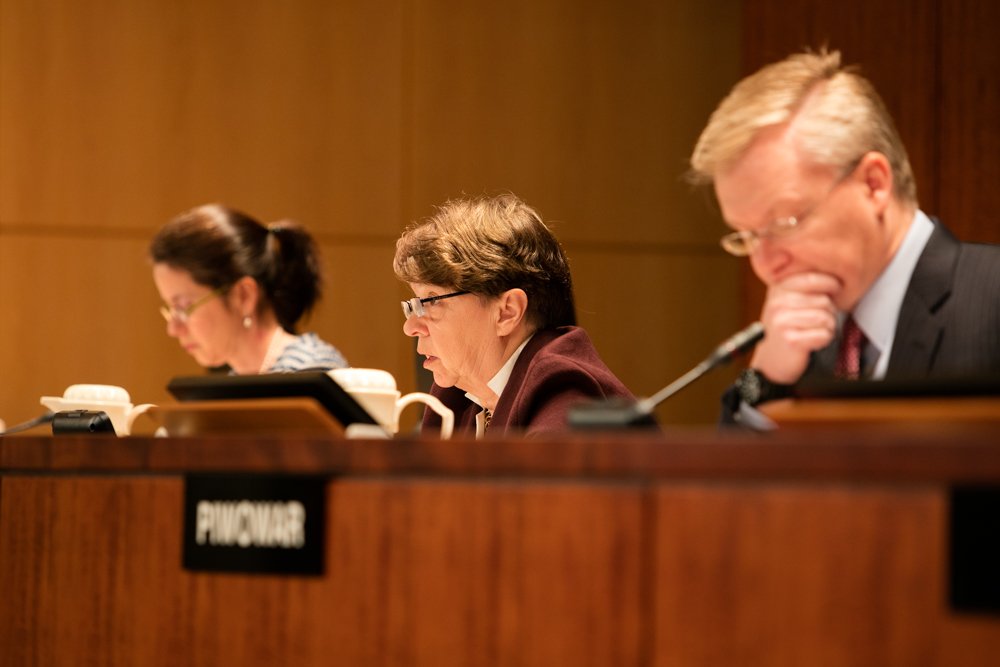The potential of a narrowly divided Senate emerging from this year’s elections would likely result in legislative gridlock that prompts aggressive action from regulators, experts said at the Schwab IMPACT 2016 conference in San Diego on Wednesday.
But such a situation in the Senate would serve as a “brake” on the tax policy of whoever becomes the next president, with Republican and Democratic candidates offering vastly different tax-overhaul proposals this year, said Michael Townsend, vice president of legislative and regulatory affairs at Charles Schwab, and Jeff Brown, senior vice president and head of the Schwab Office of Legislative and Regulatory Affairs.
A regulatory issue they said is unlikely to make much progress this year or next, however, is a fiduciary rule proposal from the Securities and Exchange commission. Townsend and Brown said. Such a proposal has been a “front-burner” issue for Chair Mary Jo White, but she will depart with the end of the Obama administration — a factor that combines with the SEC’s two vacancies to allow little chance for a rule to advance soon.
Brown also said that a letter from Sen. Elizabeth Warren, D-Mass., asking President Barack Obama to demote or replace White isn’t actually a challenge to White, who’s upcoming departure means she poses no “threat” to Warren’s policy agenda. Instead, the letter is intended to send a message to whoever becomes the next president to “pay attention” to Warren’s preference for SEC chair, Brown said.
One SEC issue to which Warren has given particular attention is a rule that would require political disclosure for issuers, while White has said the matter is not material to issuers, Brown said. Warren considers that a “failing answer,” as she does SEC nominees’ statements that they would review the language of such a rule before adopting it, he said.
Meanwhile, a state-level issue that could eventually prompt a national solution is that of state-run retirement plans, Townsend and Brown said.
About 17 states are at some stage of considering the creation of state-run retirement plans for workers without access to a plan via their employer, Townsend said. This represents a “new area of competition” in the retirement space, Brown said.
The states’ motive of getting people to save is understandable, Brown said, although he noted his skepticism of states’ ability to effectively run such plans given their financial conditions, specifically mentioning California and Illinois.
Townsend said the trend among states could give rise to consideration of a solution at the federal level to harmonize what could become a “hodgepodge” of state laws. Brown said the US has a potential federal model for such a solution in the Thrift Savings Plan.
